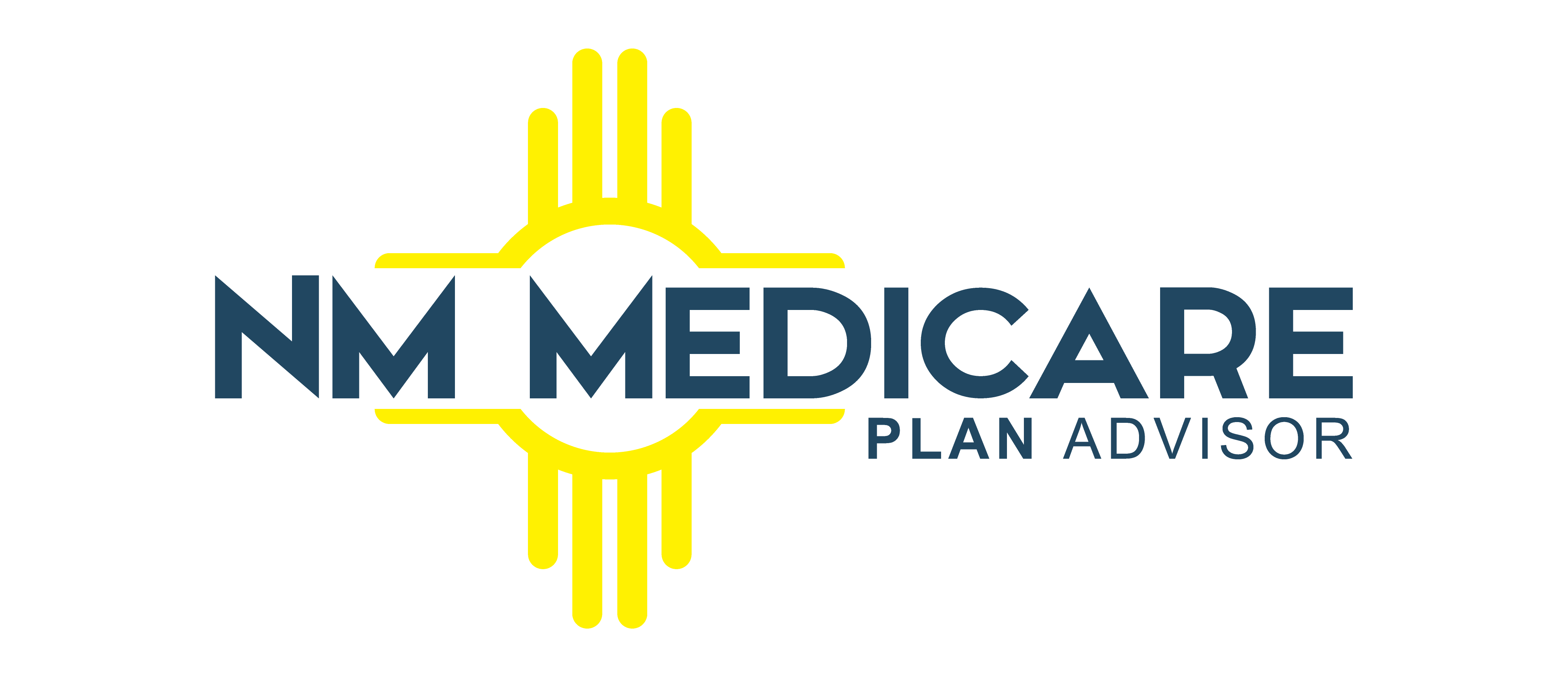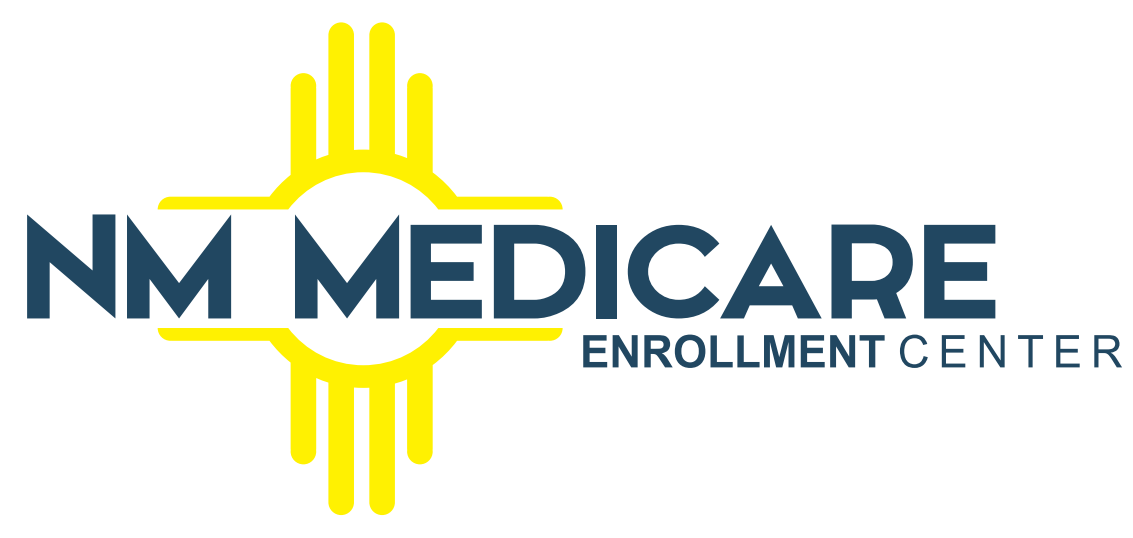FAQs
You are generally eligible for Medicare when you turn 65, and you or your spouse has worked and paid Medicare taxes for at least 10 years. You may also be eligible if you have certain disabilities, end-stage renal disease, or Amyotrophic Lateral Sclerosis (ALS).
If you're still working after you turn 65 and have employer-provided health insurance, you may choose to delay enrolling in Medicare Part B without facing a penalty. However, once you retire or lose your employer coverage, you have a special enrollment period to sign up for Medicare without penalty.
Medicare generally cannot drop your coverage, as long as you continue to meet the eligibility requirements and pay your premiums on time. However, there are circumstances where Medicare can terminate coverage, such as if you move out of the plan's service area or if you provide false information on your application.
Medicare Advantage (also known as Medicare Part C) is an alternative to Original Medicare that provides your Medicare benefits through a private insurance company. Medicare Supplement (also known as Medigap) is a type of private insurance that helps cover the out-of-pocket costs that Original Medicare doesn't pay for, such as deductibles, copays, and coinsurance.
Medicare is a federal health insurance program that primarily covers people who are 65 or older or who have certain disabilities. Medicaid is a joint federal and state program that provides health coverage to people with low income and limited resources. While Medicare is an entitlement program that people generally qualify for based on age or disability, Medicaid is a means-tested program with eligibility criteria that vary by state


